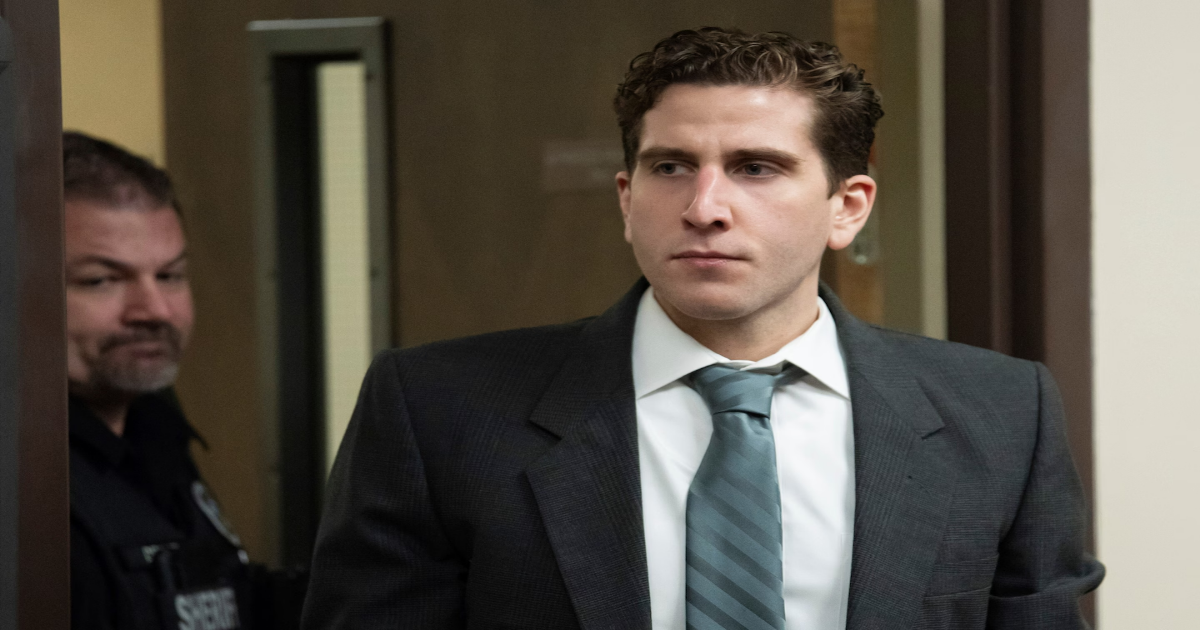Bryan Kohberger will plead guilty to murdering four University of Idaho students as part of a deal with prosecutors to avoid the death penalty, according to a lawyer for the family of one of the victims, a dramatic development in the high-profile case that was scheduled to go to trial within weeks.
Kohberger, at a Wednesday hearing, is expected to plead guilty to four counts of first-degree murder in the 2022 slayings of Ethan Chapin, Xana Kernodle, Kaylee Goncalves and Madison Mogen at their off-campus home. The fatal stabbings drew police into a manhunt and upended the lives of people in Moscow, Idaho, as the case became a true-crime sensation.
Shanon Gray, a lawyer representing the Goncalves family, said Monday that his clients were scrambling to arrange travel to Boise for Wednesday’s hearing.
The Goncalves family wrote in a Facebook post that they were “beyond furious at the State of Idaho.”
“They have failed us,” the family wrote. “Please give us some time. This was very unexpected.”
Neither prosecutors nor attorneys for Kohberger responded to requests for comment Monday.
Kohberger, 30, made the unusual decision at his 2023 arraignment to “stand silent,” when a defendant declines to enter a plea, forcing the judge to enter a not-guilty plea on their behalf.
The change in plea comes after several legal setbacks for Kohberger’s defense over the past two years of pre-trial rulings. Most notably, his team fought to have the death penalty struck from his case because of his diagnosis of autism spectrum disorder. But they could not persuade the judge that his disorder was equivalent to an intellectual disability, which would disqualify someone for capital punishment under the Eighth Amendment.
The defense had also argued that a change of venue last year that shifted the case to Ada County from the much smaller Latah County had set back their preparation for a trial that was expected to last three months.
Now, Kohberger appears poised to skip past a trial and move to the sentencing phase, where he is likely to face life in prison. Without the possibility of the death penalty, Kohberger will not be eligible for the rounds of automatic appeals that are required in capital cases. As the overall rate of executions slows, thousands of death row prisoners remain in limbo, with most dying in prison before they face an execution date.
The Goncalves family had been vocal in calling for Kohberger to face the death penalty if convicted. Gray said the family wanted a chance to ask prosecutors to add certain conditions to Kohberger’s plea deal — that he wouldn’t write a book in prison about the experience, for instance.
A trial would have also brought transparency — and possibly the answers the families have yearned for since their loved ones’ deaths, Gray said.
“They would get to walk through the case, learn if anyone was targeted, if this was random, learn the reason why,” Gray said.
Kohberger, then a criminal justice grad student at Washington State University in Pullman, was arrested at his family’s home in Pennsylvania about six weeks after the killings. He faced charges after investigators linked him to the crime via DNA on a button snap of a knife sheath left at the scene, according to court records.
Authorities also drew on cellphone data they alleged showed that Kohberger had been near the victims’ house at least 12 times in the months before the killings, according to the 2022 criminal affidavit. In court documents, Kohberger said he was out driving at the time of the 4 a.m. slayings.
